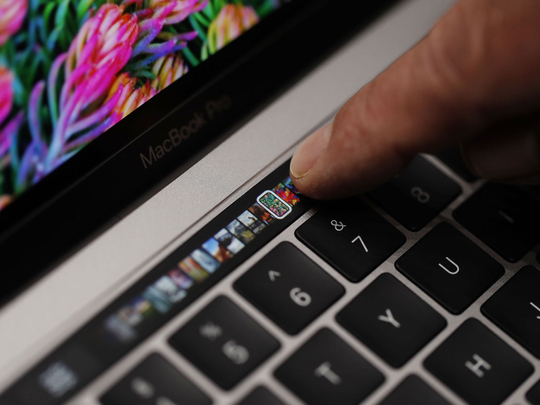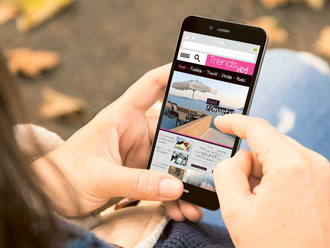
London: The Brexit squeeze on UK consumers tightened on Friday as Apple Inc. and Electrolux AB responded to the falling pound by charging more for their products in Britain.
Apple quietly raised the cost of some of its machines including the “Mac Pro” by 20 per cent overnight, while Sweden’s Electrolux said it’s boosting the prices of its home appliances by 10 per cent.
With inflation already accelerating at the fastest in two years, price pressures are likely to mount as the weakest pound in three decades forces up the cost of imports just weeks before Christmas. The price hikes came days after “Marmitegate” saw supermarket Tesco Plc battle with supplier Unilever over the cost of goods and Microsoft Corp. began charging Britons more for some of its software.
“We will see more price increases, possibly more at the higher end of the market, and we’ll see a significant squeeze on real incomes and then we’ll see how it plays out,” said Kit Juckes, a London-based strategist at Societe Generale SA.
Apple began charging £2,999 ($3,650) for its “Mac Pro” desktop machine, up from £2,499 earlier in the week. The “Mac Mini” now retails at £479 compared to 399 pounds. The US prices for the Mac Mini and Mac Pro haven’t been changed.
Phone Bill
“Apple suggests product prices internationally on the basis of several factors, including currency exchange rates, local import laws, business practices, taxes, and the cost of doing business,” an Apple spokesman said in a statement. “These factors vary from region to region and over time, such that international prices are not always comparable to US suggested retail prices.”
Electrolux Chief Executive Officer Jonas Samuelson said in a telephone interview that “we need to compensate” for the cheaper pound by raising prices of its goods such as fridges and washing machines.
Separately, British Airways owner IAG SA blamed the pound as it cut its earnings outlook for the second time since the Brexit vote.
Brexit vote
The pound has dropped about 18 per cent against the dollar since the UK voters chose in June to leave the European Union, making it the worst performing major currency this year.
That slump is starting to feed through via import prices with some economists forecasting consumer price inflation could reach 3 per cent next year, a level not seen in the UK since 2012 and above the Bank of England’s 2 per cent target. BOE Governor Mark Carney this week said there are limits to policymakers’ willingness to look through an inflation overshoot and that he is not indifferent to sterling’s slide.
The economic cost of higher prices and a weaker sterling was on display Friday in three separate reports from GfK, YouGov and Asda, which all cited the cheaper pound as weighing on consumer sentiment.
The Asda income tracker showed UK families’ discretionary income increased by £9 ($11) in September from a year earlier, the first time since October 2014 that consumers haven’t seen double-digit growth. A gauge of confidence published by GfK decreased by 2 points to minus 3 in October.
One government official this week told British consumers to brace for higher prices.
“We have had Marmageddon,” Mark Garnier, the UK’s trade minister, said in an interview. “Consumers are going to start to see rising prices and there’s nothing we can do about that. That was a well-predicted effect of Brexit. The point was very clearly made by everybody: Brexit could easily result in a slump in the value of sterling. That has transpired.”












